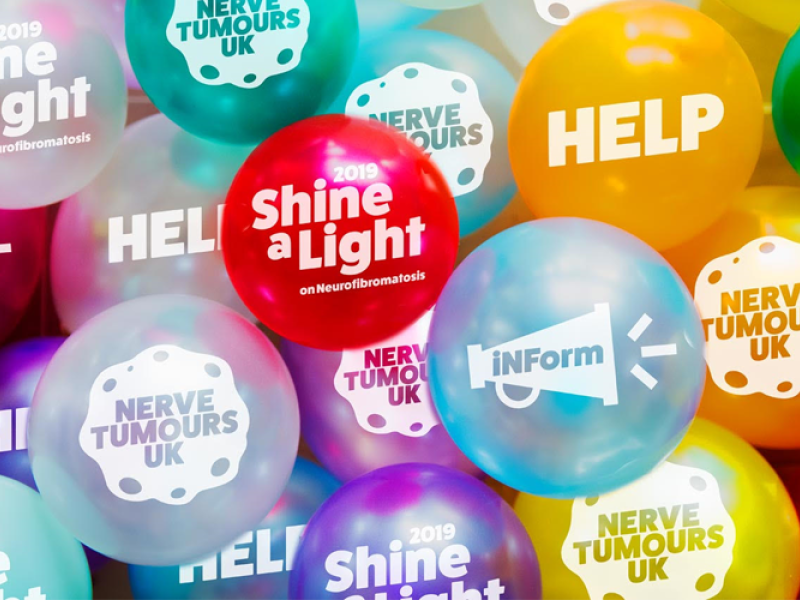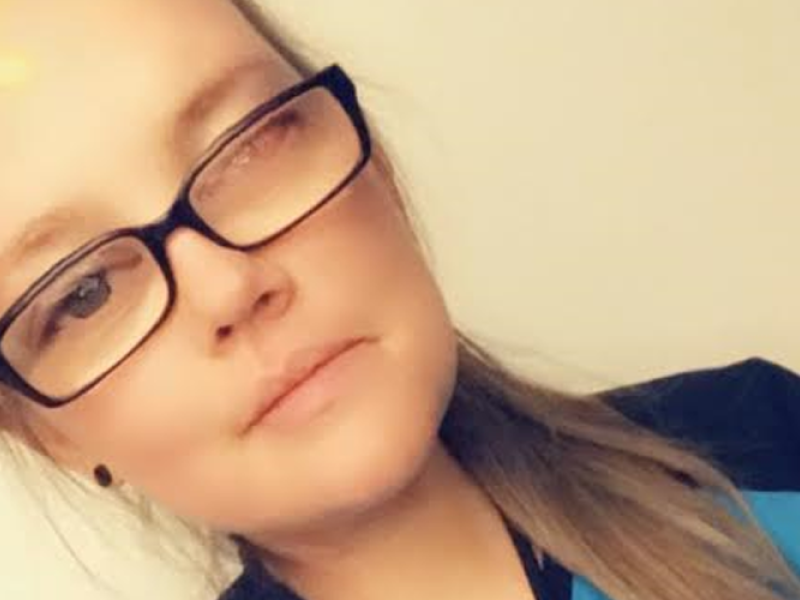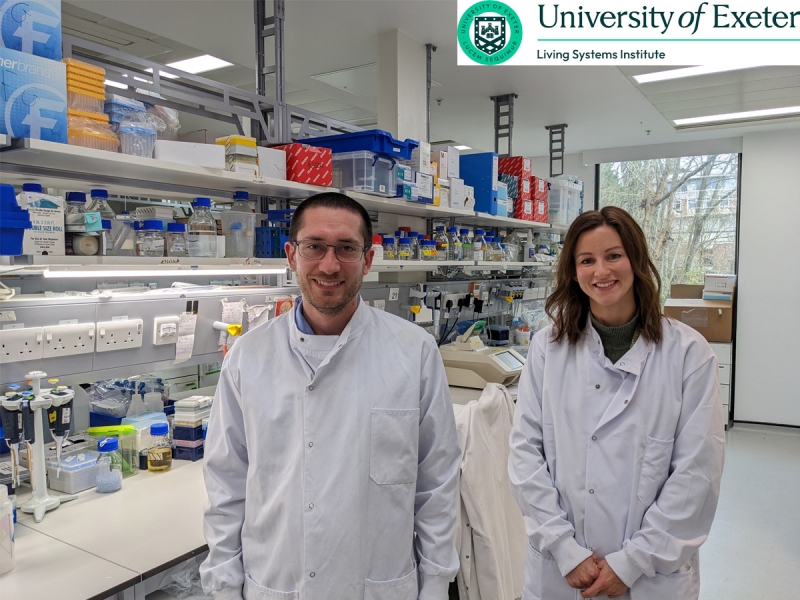New ways to treat NF1 tumours with existing drugs
20 April 2023
NF1 is one of the most common inherited diseases, affecting 1/3000 people worldwide. Despite a long history of research, there is currently only one available drug used in the clinic to treat NF1 tumours, which does not always work and can cause side effects.
We are working with Nerve Tumours UK to solve this problem and find new ways to treat NF1 tumours. This research is being performed by Dr. Megan Stevens and Prof. Benjamin Housden at the Living Systems Institute, University of Exeter, UK. (www.exeter.ac.uk/research/livingsystems).
A major problem in drug discovery is that drugs found in research labs often fail when tested in people. This is either because they cause side effects and are not safe for use or they simply don’t work as expected when tested in people. Over the past few years, we have been working on new ways to find drugs in the lab that have a higher chance of being safe and effective when used in the clinic.
A standard way to find new treatments for disease is to grow cells from patients with that disease in the lab and test many thousands of drugs on those cells to see which produce a positive effect. In the case of NF1 tumours, we would look for drugs that kill the tumour cells but that do not kill healthy cells from the same patient.
However, previous research has shown that drugs that work in cells in the lab do not necessarily work in people. Studying such drugs wastes a lot of time and delays the development of effective treatments. We take a different approach to find effective drugs. Instead of using human cells, we use cells from fruit flies. Fruit flies have been used for over a hundred years to study biology and many findings using these insects have resulted in new understanding of how human bodies work as well as how to treat disease. We grow fruit fly cells carrying mutations in the NF1 gene and use these to test existing drugs. At the same time, we test the drugs in healthy fruit fly cells and search for those that kill the NF1 mutant cells but have no effect on the healthy cells. Once we have found drugs that behave in this way, we move on to test them in human cells.
By using this approach, we can find drugs that work in two very different types of cells. Any drugs that only work in one type of cell are unlikely to be effective in the clinic. Our approach allows us to filter out all of the drugs that only work in some types of cell and the remaining drugs have a much higher chance of working when used in the clinic to treat NF1 patients. Our approach also involves focusing on existing drugs that are already used to treat other diseases. The advantage of this approach is that we already know these drugs are safe and so we can establish a new treatment for NF1 tumours much faster than if we were developing new drugs.
This work is still in progress but we have already found two existing drugs that are known to be safe for use in people. Both of these drugs kill NF1 tumour cells from fruit flies but do not kill healthy cells. In addition, both drugs work the same way in tumour cells from several human patients with NF1 tumours or MPNST tumours. These exciting results highlight the clinical potential of these drugs to treat NF1 tumours in patients.
We are now working with Nerve Tumours UK to develop these drugs towards clinical trials. From this work, we hope to bring benefit to NF1 patients in the near future by providing safe and effective treatments for NF1 tumours as well as MPNST tumours.
We would like to thank Nerve Tumours UK for their support and funding as well as the Medical Research Council (grant: MR/ V009583/1).
Research update
Inhibition of autophagy as a novel therapy for the treatment of NF1 tumours. We generated a Drosophila cell model of Neurofibromatosis type 1 and used this to search for potential drugs to treat tumors. We show that chloroquine treatment has a clear selective effect on tumor cells across multiple cell culture and in vivo model systems.
Filter News

Becky’s Story
From dealing with her family's NF1 to improving her fitness and running marathons, have a read of Becky's amazing story here:
Read More
“Charity Shave Off” for NF in Northern Ireland
Janice and her family recently held a charity shave off in Northern Ireland. Find out more about the event here:
Read More
Blackpool Magic Convention 2020
Find out more about the convention in aid of NTUK and how you can get involved here:
Read More
Reflections on 2019
Check out our reflection on what we feel was an incredibly succesful 2019 for the charity:
Read More
Helen’s Story as told by her Mum Pauline
Due to her NF1, Helen has faced several struggles. Mum Pauline has openly shared her daughter's experiences with us here:
Read More
Nicola’s NF2 Journey
Nicola creates her own YouTube videos to help promote NF2 awareness. Find out more about her NF2 journey here:
Read More
Making the Future of Work inclusive of persons with disability
Check out James' recent presentation at a conference in Geneva highlighting issues of "face equality" in the workplace
Read More



